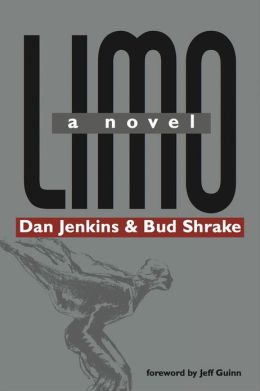As an intern, one of my main duties at the TCU Press from
day one has been proofreading Dan Jenkins’ and Bud Shrake’s Limo, a
1976 novel that predicts with incredible precision (and utter hilarity) the
future state of television programming.
Through the eyes of Frank Mallory, a TV producer, the
reader is taken through several satiric situations—including a mid-morning drag
race—that only serve to highlight the eventual unreality of “Just Up The
Street,” a three-hour prime-time program that exists solely at the whim of the
Big Guy (read: executive/Frank’s boss). In contrasting Frank’s personal life
with his professional struggles, Jenkins and Shrake place a lens firmly into
the entertainment mores of the 21st century.
In reading this book, I was struck by the rich narrative,
the (often hysterical) dialogue, and the believable characters’ interactions,
culminating in a climax that I not only wanted to read, but had fun
experiencing. Every misstep (or correct step) was a joy to see; Jenkins and
Shrake truly come into their element. Though the book' s diction is a bit
dated—“groovy” and “pad” are peppered through the work with surprising
abandon—that aging just exacerbates how spot-on (and early) Jenkins and Shrake
were in their prediction. Overall, this
is a book I’d definitely recommend, and I don’t recommend books lightly. Pick
up a copy when you can.
by Luke Miller, intern


